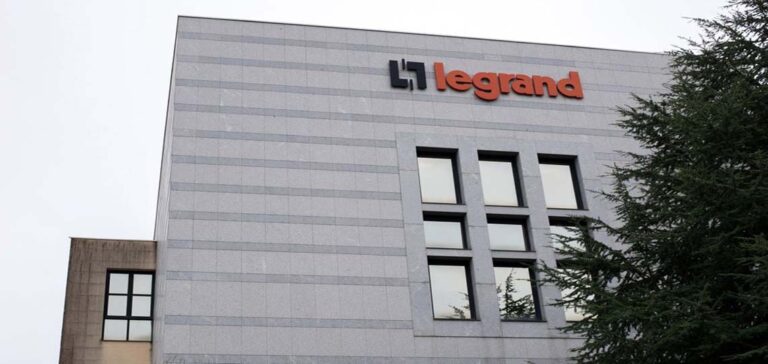Legrand withdraws from the Russian market and sells its activities to a local industrial player. This decision marks a significant turning point in the company’s strategy, and is the result of a series of events and strategic reflections.
Strategic Disengagement
Legrand’s decision to withdraw from the Russian market was first communicated on January 25, 2023. This announcement was followed by a careful examination of the various options available for its corporate strategy. Finally, on October 4, 2023, Legrand’s Russian activities were sold to a local industrial player, thus ending the company’s presence on the Russian market.
The Importance of Business in Russia
To fully understand the impact of this decision, it is essential to consider the importance of Legrand’s activities in Russia. By 2022, Russian operations accounted for around 1.5% of the company’s annual sales. This means that Russia was a key market for Legrand, contributing significantly to its financial results.
Moreover, Legrand’s commitment in Russia was tangible thanks to its four factories on Russian territory, employing around 1,100 people. These plants were the heart of Legrand’s production in Russia, helping to supply the local market with high-quality electrical products.
European Sanctions and Uncertainties
The decision to disengage from Russia was preceded by major geopolitical developments. In February 2022, Russia invaded Ukraine, leading to European sanctions against Russia. These sanctions have had a significant impact on European companies operating in Russia, creating an increasingly difficult business environment.
Initially, Legrand had chosen to maintain its activities in Russia despite the sanctions, but over time the company faced increasing operational difficulties and uncertainties. The rapidly changing geopolitical situation has made long-term planning and management of operations in Russia difficult.
Impairment of Assets and Financial Implications
The decision to withdraw from Russia also had significant financial implications for Legrand. The company booked an asset impairment charge of €150 million as a result of this decision. This reflects the book value of assets related to Russian operations, which had to be adjusted to reflect the company’s imminent exit from the Russian market.
This asset write-down was a necessary accounting choice, but it also highlights the costs and challenges associated with withdrawing from a key market. For Legrand, this is a short-term investment aimed at withdrawing from a market that has become too risky.
Strategic Reflections and the Future of Legrand
The sale of Legrand’s Russian activities represents an important strategic decision for the company. This is a key step in adapting the company’s strategy to an ever-changing geopolitical environment. It also reflects Legrand’s commitment to minimizing operational risks and focusing on markets where the company can achieve positive, sustainable results.
As Legrand withdraws from the Russian market, the company looks to the future by continuing to supply innovative electrical solutions to other international markets. This decision underlines the importance of strategic flexibility and adaptation in the business world, particularly when geopolitical issues are at stake.
Ultimately, the sale of Legrand’s Russian operations marks an important chapter in the company’s history. It shows how companies must constantly reassess their strategy to adapt to new economic and geopolitical realities, while remaining true to their mission of providing quality products and services to their customers worldwide.






















